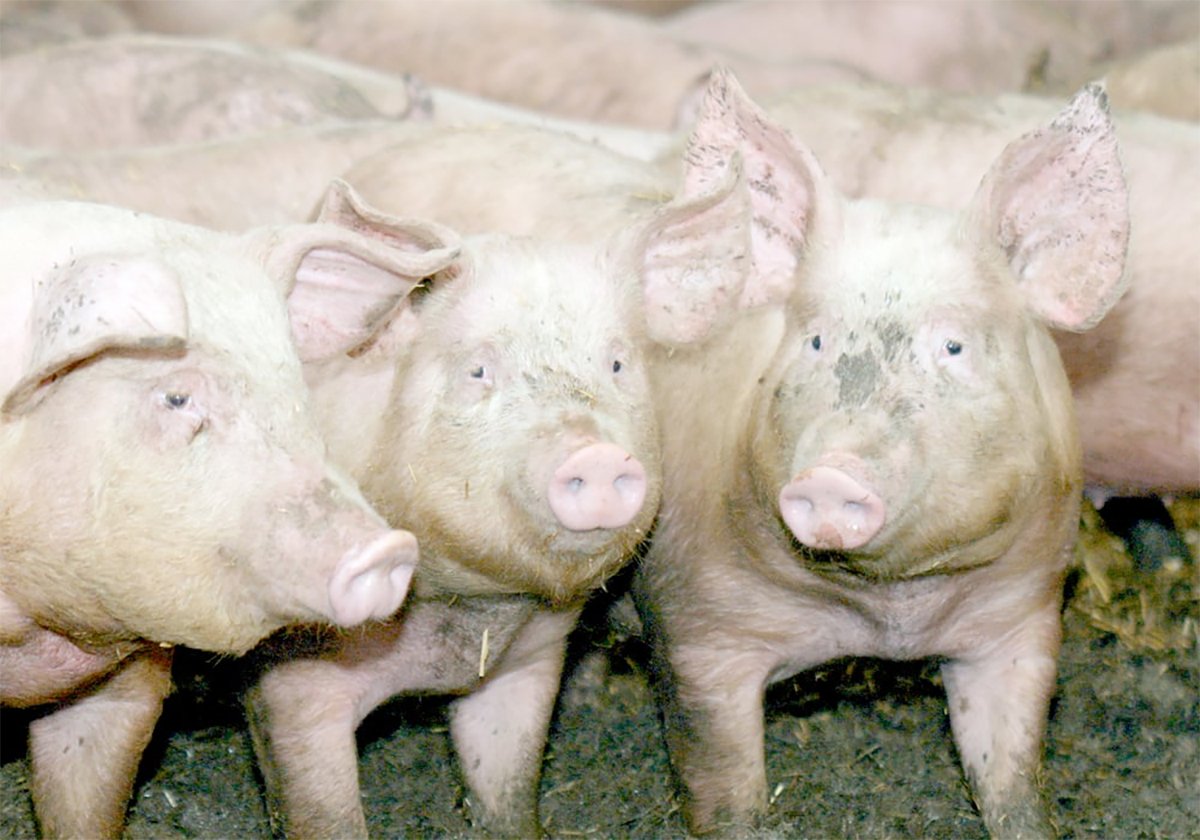MOOSE JAW, Sask. – Saskatchewan producers trying to decide whether to age verify their cattle didn’t find many answers during a recent livestock conference.
Industry representatives participating in a debate during the Saskatchewan Stock Growers Association’s meeting in Moose Jaw last week presented different views on the need for age verification, whether it should be voluntary or mandatory and what benefits it might offer.
Only 22 percent of Saskatchewan calves were age verified last year, said Canadian Cattle Identification Agency chair Steve Primrose, compared to 83 percent in Alberta, where verification is now mandatory.
Read Also

The Western Producer Livestock Report – October 2, 2025
Western Producer Livestock Report for October 2, 2025. See U.S. & Canadian hog prices, Canadian bison & lamb market data and sale insight.
Primrose said Alberta feedlots will bid less aggressively on calves that are not age verified.
However, Brian Nilsson of XL Foods and Nilsson Bros. expects fewer Alberta producers will comply this year because there is no financial incentive. Alberta and British Columbia have both paid their producers to age verify in the past.
Nilsson said Cargill quit paying a premium once large numbers of age verified cattle began to show up at its plant in High River, Alta., and XL followed suit when it took over the Brooks plant from Tyson.
Nilsson said he isn’t opposed to age verification but worries about cost.
“Please, let’s just do this thing sensibly. Let the market drive it.”
Saskatchewan agriculture minister Bob Bjornerud said he will do what the industry asks.
He noted that mandatory is a scary word but conceded it might be necessary.
“I’d rather you guys lead the charge,” he said.
While several members spoke in favour of age verification, others questioned the benefits, saying it is not improving access to lucrative markets in Japan and South Korea.
However, Alberta Livestock and Meat Agency board member Kee Jim said there would definitely be a competitive advantage if those countries required age verification.
He also said Alberta producers didn’t spend money to do the work because they were compensated by the government.
“Age verification is not the burden upon primary producers that many of them would make it out to be.”
Primrose said another reason for birth records is concern about the inaccuracy of dentition, which is the examination of teeth to determine an animal’s age.
“Birth certificates will trump dentition,” he said.
Nilsson, who called dentition the simplest method, agreed some cattle have been incorrectly identified as older than 30 months when they were at least six months younger. He estimated the number at 0.8 percent of fed cattle and described the problem as isolated.
The cost of that problem is about $1.50 a head, he said, compared to the $10 or $15 per head spent on birth records and tracking.
“If you want the whole industry to have a rigid system to correct a small problem, you create more costs.”

















